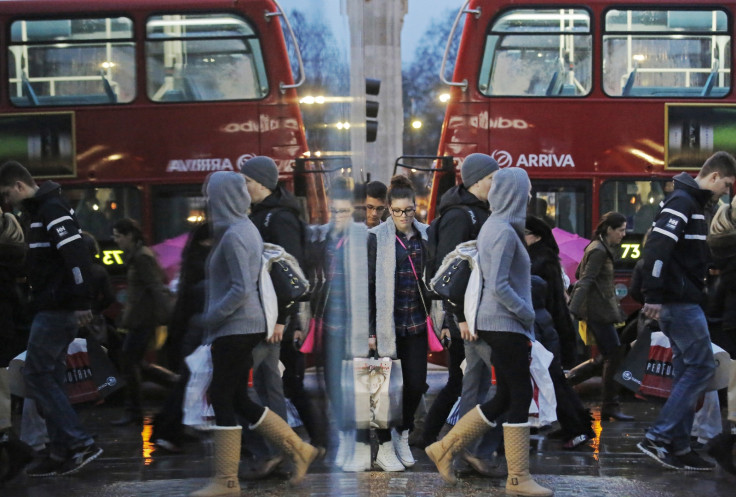UK Cost of Living: Families £6 Better Off a Week in September

Families across the UK have seen their spending power rise by £6 a week in September compared to the same month last year, according to Asda.
The supermarket chain's latest income tracker, conducted by the Centre for Economics and Business Research, found that family spending power increased year on year in September for the 12th month in a row as discretionary incomes (the income left once taxes and the spend on essentials like rent, utilities and bills have been deducted).
Asda explained that households across the UK benefited from falling fuel and food prices, which fell 6% and 1.4% respectively year on year.
The report explained that these factors, coupled with the decreasing cost of flight tickets and sea fares led to a slowdown in the rate of inflation.
The Office for National Statistics (ONS) said that Consumer Price Index (CPI) inflation dropped to 1.2% in the year to September – the lowest level since the end of the recession in September 2009.
"This time last year I said there needed to be action to address serious disparities in regional incomes," said Andy Clarke, the president and chief executive of Asda.
"Twelve months on I am pleased to see that disparities across the regions are narrowing and household budgets across the UK are enjoying continued national growth.
"Inflation is slowing, food price inflation is falling each month and with unemployment at an all-time low, families across the UK have more pounds in their pockets."
The research also revealed that discretionary incomes were also boosted by a rapid rise in the number of people at work with over 736,000 more people employed over the past year when compared to last year.
In the last three months, unemployment levels fell year on year by the largest amount since comparable records began in 1972, falling to 6%, down from 7.7% at the same point in 2013.
The figures come after the ONS said that regular pay for workers in the UK grew by 0.9% in the year August – below CPI inflation which stood at 1.5%.
© Copyright IBTimes 2025. All rights reserved.






















